PRODUCTS
CONTACT US
Ningbo Nide International Co., Ltd.
一一
· Contact person:Jack Zeng
· Mob/Whatspp/WeChat:0086-13738869026
· Email:emarketing@nide-group.com;marketing4@nide-group.com
· Add:No. 169, Wohushan Road, Daqi Subdistrict, Beilun District, Ningbo, China
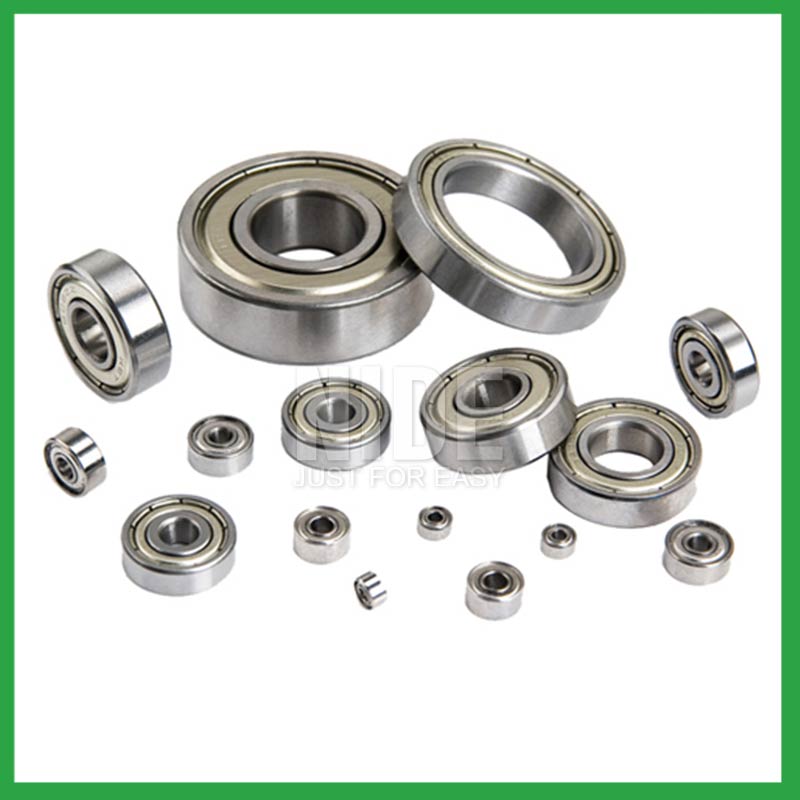
Nide team could manufacture ball bearing as per customer’s drawing and samples.
If customer only has samples, we could also design drawing fo r our customer.
We also provide customized service.
Our ball bearing is widely applied the different industrials.
Ningbo Haishu Nide International Co., Ltd was established in 2010. We produce thermal protector,commutator,fan,carbon brush,ball bearing,motor cover and lamination,shaft and other products. Our unwavering commitment to quality has been recognized by the National Testing Center and the Zhejiang Provincial Testing Center. We adhere to ISO 9001:2015 and CE statior standards, prioritize quality, and operate with integrity.
We prioritize quality and first-class service, constantly pursuing perfection. We have a deep understanding of the precise needs of our customers, and our important motor component manufacturing network and strict quality control system enable us to provide high-quality products to customers at reasonable prices.
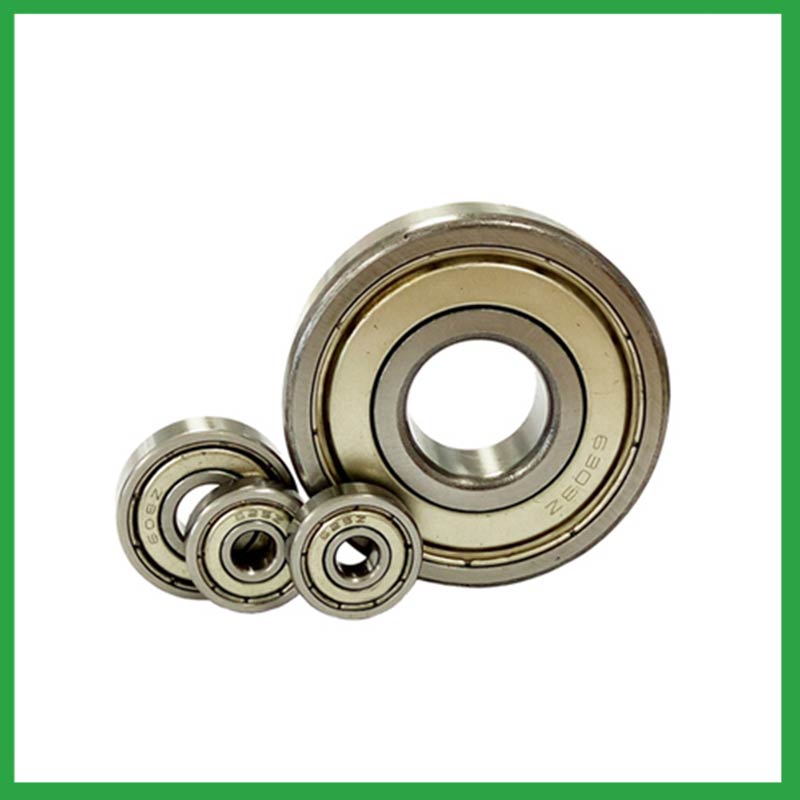
| Parameter | Information |
| Product Name | full extension ball bearing |
| Place of Origin | Ningbo,Zhejiang,China |
| Brand Name | Nide |
| Material | stainless steel, etc. |
| Type | Ball |
| Warranty | 3months-1year |
| Port | Ningbo/Shanghai |
| Application | food processing machinery,high-speed electric tools, etc. |
| Size(mm) | customize |
| Color | gray+customized |
| Precision Rating | as per customer's requirement |
| Certification | ISO 9001 Certification,CE-insulation paper inserting machine,CE-stator coil forming machine,etc |
| Feature | Good wear resistance,Strong carrying capacity...etc |
| Packaging Details | Suitable for sea transportation |
| Service | one-stop service |
| Model Number | ball bearing |
| Supply Ability | 100000-500000 Piece/Pieces per Month |
| Lead time (days) | 15-20 (To be negotiated) |
Please note: The above table data is for reference only. For specific information, please contact us.
The precision range of full extension ball bearing is from ABEC7 to ABEC9, with a particle size of 0.3 μ m. Among them, ABEC9's ball bearings have the best precision range and are widely used in the electronics industry, precision measurement industry, and so on.
During the disassembly process, the outer shell should be kept intact to avoid unnecessary damage;
When replacing installation components, attention should be paid to the accuracy of the support components to prevent deformation;
During the disassembly process, attention should be paid to protecting the surface quality of the ball bearing to ensure its performance;
During the operation, attention should be paid to removing surface dust to ensure the quality of the ball bearing.
Ball bearings have many advantages, making them highly competitive in the market.
Firstly, they are very durable and have good wear performance, making their service life longer than many other types of bearings.
Secondly, they are easy to install and can provide low friction performance in various applications.
Thirdly, they require a relatively low level of maintenance, making them cost-effective.
In addition, compared to many other types of bearings, their purchase cost is relatively low, making them an economical choice.
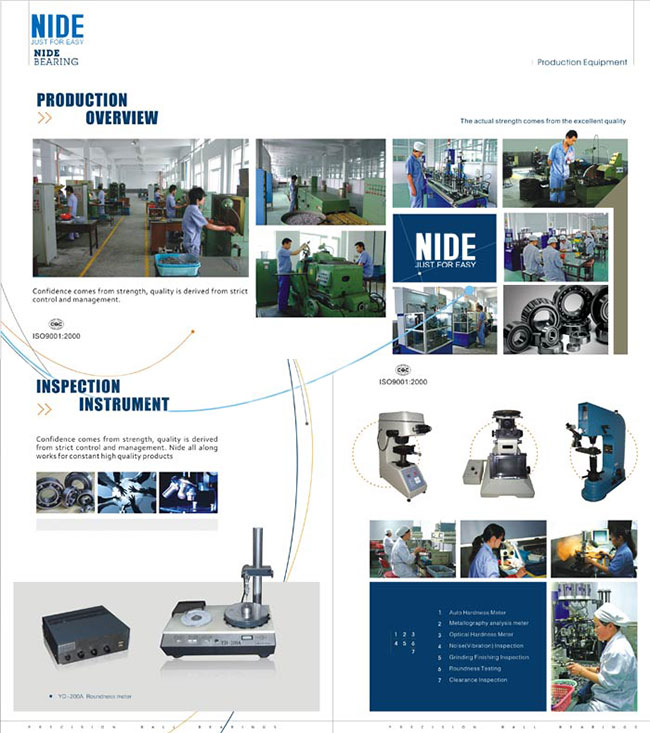
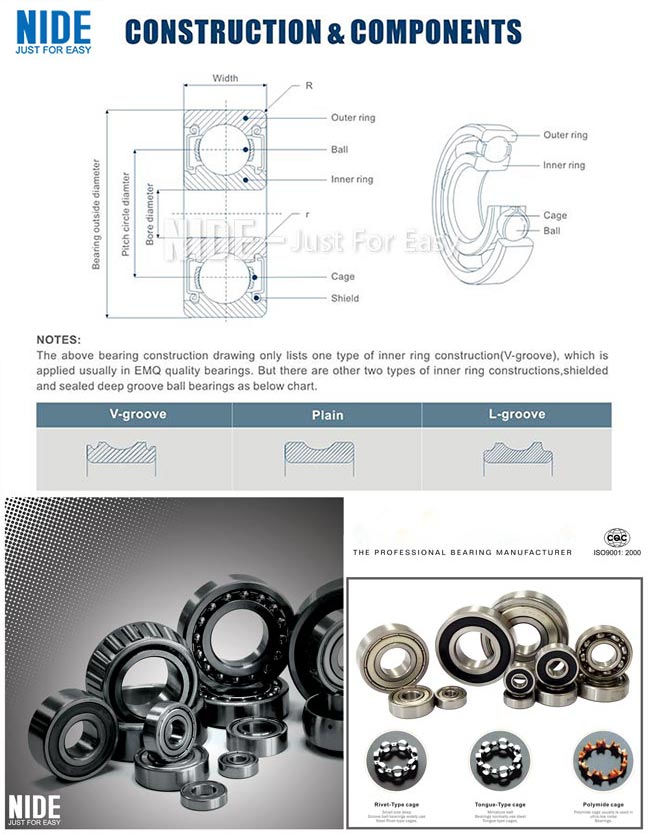
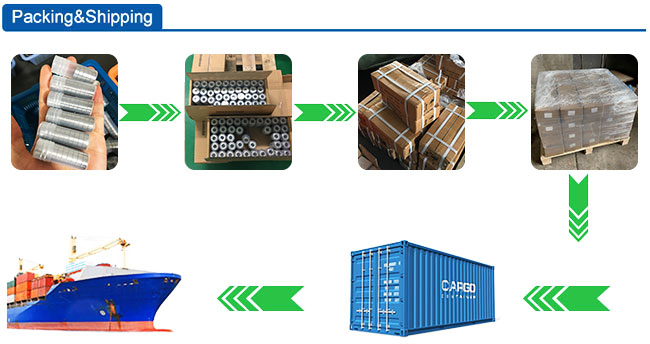
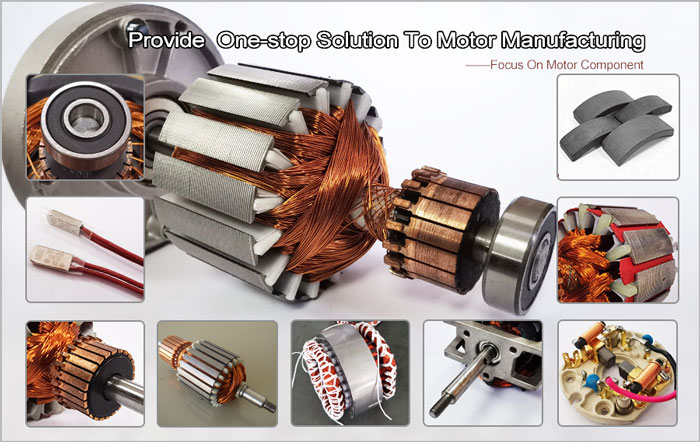
full extension ball bearing---FAQs Guide
2.Can full extension ball bearing be customized with special coatings or treatments to meet specific industry standards or regulatory requirements?
3.As a full extension ball bearing manufacturer,can you supply samples?
4.Do full extension ball bearing come in various tolerance classes?
5.Are there hybrid full extension ball bearing that combine steel rings with ceramic balls to optimize performance in demanding applications?
6.Are there ceramic full extension ball bearing designed for specific applications requiring high-temperature or corrosion resistance?
7.What are the considerations for choosing between open, shielded, or sealed full extension ball bearing in specific applications?
8.Are there ongoing research and development efforts aimed at improving full extension ball bearing materials, designs, and lubrication techniques?
9.Are there full extension ball bearing designed for extreme temperature environments, such as cryogenic or furnace applications?
10.How do full extension ball bearing handle radial loads, axial loads, and combined loads, and what are their load-carrying capacities?
11.What is the typical noise level associated with full extension ball bearing, and how are noise-reduction techniques applied?
12.What is a ball bearing?
13.How do full extension ball bearing provide smooth and controlled motion in various mechanical systems, such as conveyor belts or automobiles?
1.About full extension ball bearing,Will you check the products before shipment?
Yes, We have a professional QC team. Products will be strictly inspection before shipment.
2.Can full extension ball bearing be customized with special coatings or treatments to meet specific industry standards or regulatory requirements?
Yes, full extension ball bearing can be customized with special coatings or treatments to meet specific industry standards or regulatory requirements.
1. Corrosion-resistant coatings: These coatings are used to protect the bearings from corrosion caused by exposure to moisture, chemicals, and other corrosive substances.
2. High-temperature coatings: These coatings are used to improve the thermal stability and performance of bearings in high-temperature environments.
3. Food-grade coatings: These coatings are specially designed for applications in the food and beverage industry, where bearings come into contact with food, beverage, or pharmaceutical products.
4. Anti-static and non-conductive coatings: These coatings are used to dissipate static electricity, which can cause damage to electronic components.
5. Specialized lubrication treatments: Bearings can be treated with specialized lubricants that meet specific industry standards or regulatory requirements.
3.As a full extension ball bearing manufacturer,can you supply samples?
Sure, samples can be provided free of charge, and the buyer pay the postage of the sample.
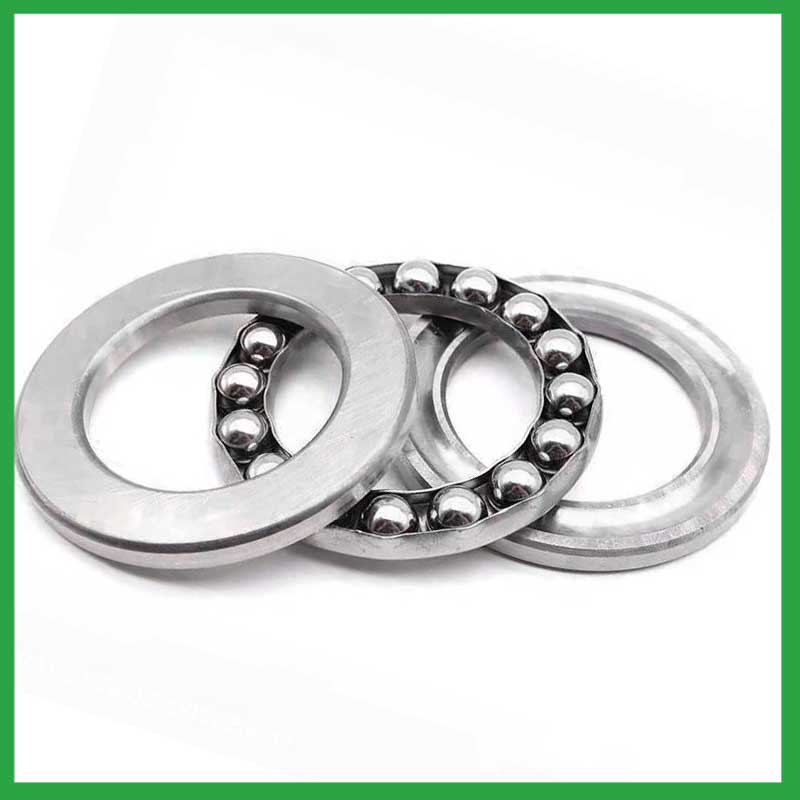
4.Do full extension ball bearing come in various tolerance classes?
Bearing tolerances are standardized by classifying bearings into the following six classes (accuracy in tolerances becomes higher in the order described): 0, 6X, 6, 5, 4 and 2.
5.Are there hybrid full extension ball bearing that combine steel rings with ceramic balls to optimize performance in demanding applications?
Hybrid Ceramic full extension ball bearing. Ceramic ball bearings (also known as hybrid bearings) are the one component that'll easily optimize the performance of your application. Hybrid bearings have ceramic (silicon nitride, Si3N4) balls and 52100 bearing steel rings.
6.Are there ceramic full extension ball bearing designed for specific applications requiring high-temperature or corrosion resistance?
Ceramic full extension ball bearing are a special type of bearing made of ceramic materials, offering superior wear resistance, corrosion resistance, and high-temperature performance. They provide excellent performance in applications requiring high speeds, high temperatures, and resistance to corrosion.
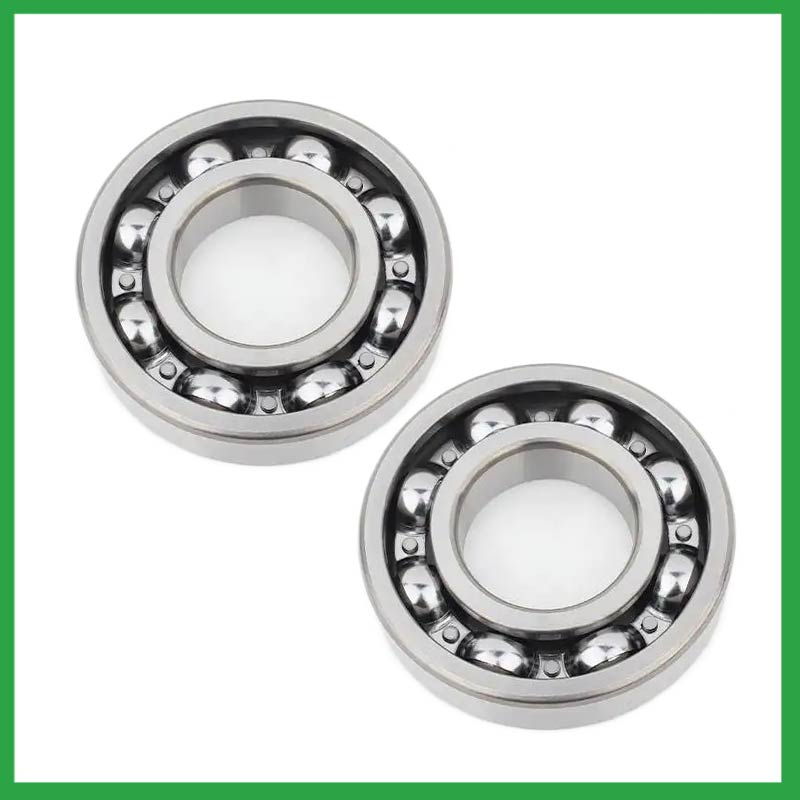
7.What are the considerations for choosing between open, shielded, or sealed full extension ball bearing in specific applications?
While sealed bearings offer superior protection and maintenance advantages, shielded full extension ball bearing can be more suitable in situations where minimal friction and operating temperature are crucial. It's essential to assess the operational environment and demands before making a selection.
8.Are there ongoing research and development efforts aimed at improving full extension ball bearing materials, designs, and lubrication techniques?
A custom full extension ball bearing can satisfy almost any customer’s needs. Your application may need a needle roller or ball bearing, a radial or angular contact design, a plain carbon steel bearing with anti-corrosion coatings or stainless steel, a thrust bearing or a spherical bearing, tight or loose radial play, sealed or non-sealed designs
9.Are there full extension ball bearing designed for extreme temperature environments, such as cryogenic or furnace applications?
High temperature full extension ball bearing use specialized lubricants to stand up to high temperatures. Grease-packed bearings are pre-filled with fluorine grease for high temperatures, while YS and SJ bearings use molybdenum disulfide (MoS2) solid lubricant to withstand temperatures up to 350°C and 400°C respectively.
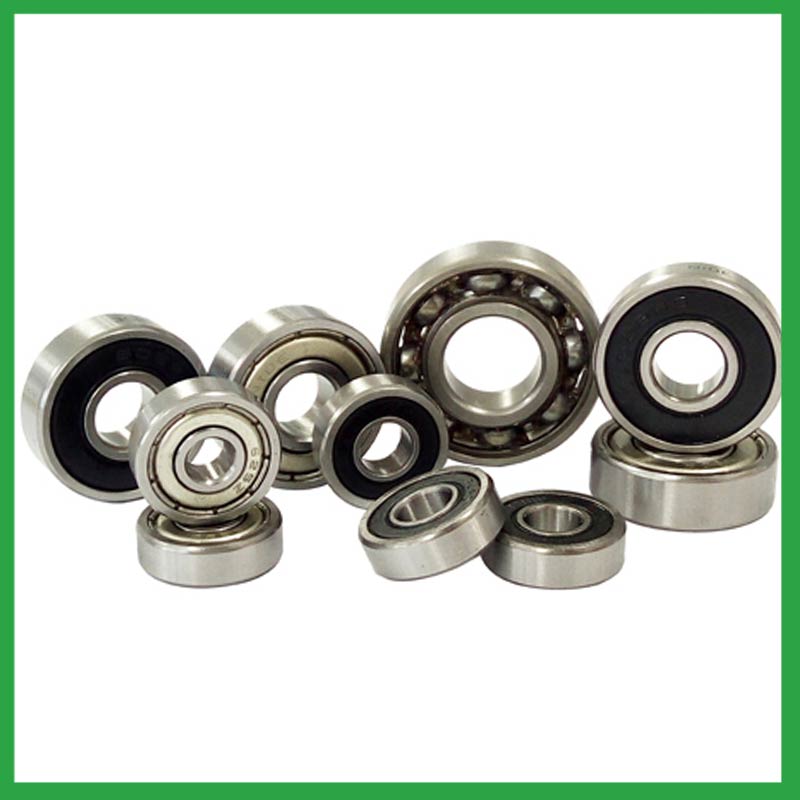
10.How do full extension ball bearing handle radial loads, axial loads, and combined loads, and what are their load-carrying capacities?
The type of bearing used also varies between these loads. While deep-groove full extension ball bearing are better equipped to handle radial loads, thrust ball bearings are designed for axial loads. However, it's essential to note that most bearings, such as angular contact ball bearings, can handle both radial and axial loads.The Bearing Static Capacity, Co, is the maximum load that can safely be applied to a non-rotating bearing that will not cause subsequent bearing operation to be impaired. It is based on calculated contact stress at the center of the most heavily loaded rolling element where it contacts the Inner Race.
11.What is the typical noise level associated with full extension ball bearing, and how are noise-reduction techniques applied?
To measure in accurate way the full extension ball bearing noise under rotation during their manufacturing process is a key activity particularly in the production of medium, small and ultra-small deep groove ball bearings. This capability in bearings noise analysis has become the real distinguishing element between a standard bearings noise equipment and a superior class one.
The various types of vibration and sound in rolling bearings can be grouped in four main categories: structural, manufacturing, handling and other. The structural vibration consists mostly of race, click, squeal and cage noise: it can be continuous or intermittent depending on specific cases. The manufacturing vibration is instead related to the waviness noise generated by the geometrical imperfections of inner and outer ring and of rolling elements, being always continuous in nature. The so-called handling vibration is normally associated with flaw and contamination and is generating – in most of the cases – irregular noise. Then there are other types of vibrabition that include noise generated by sealing and lubricant (irregular) or by runout (continuous).
12.What is a ball bearing?
A ball bearing is a type of rolling-element bearing that uses balls to maintain the separation between the bearing races.
The purpose of a ball bearing is to reduce rotational friction and support radial and axial loads. It achieves this by using at least two races to contain the balls and transmit the loads through the balls. In most applications, one race is stationary and the other is attached to the rotating assembly (e.g., a hub or shaft). As one of the bearing races rotates it causes the balls to rotate as well. Because the balls are rolling they have a much lower coefficient of friction than if two flat surfaces were sliding against each other.
Ball bearings tend to have lower load capacity for their size than other kinds of rolling-element bearings due to the smaller contact area between the balls and races. However, they can tolerate some misalignment of the inner and outer races.
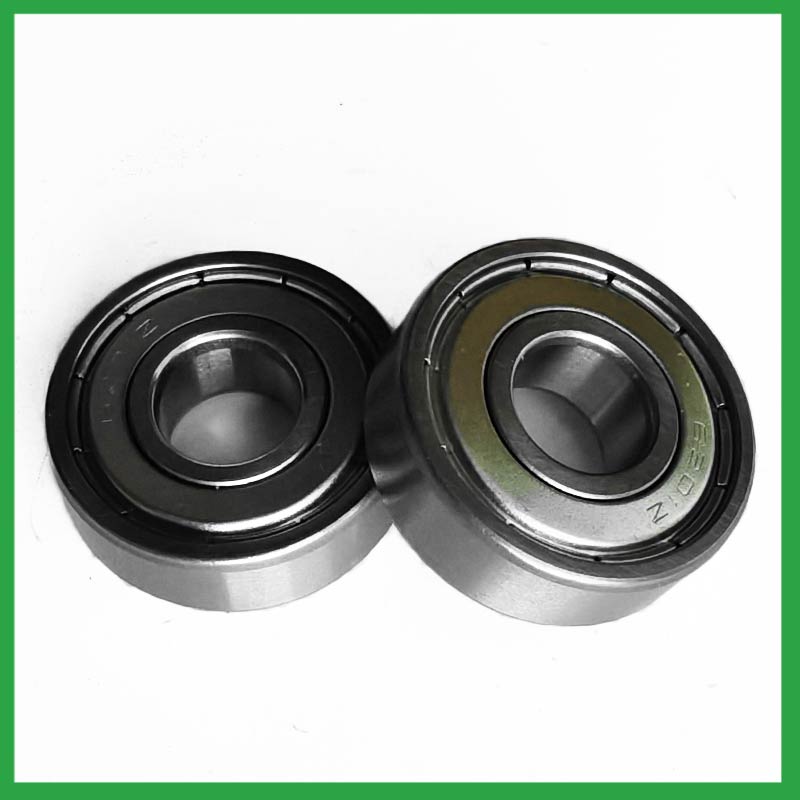
13.How do full extension ball bearing provide smooth and controlled motion in various mechanical systems, such as conveyor belts or automobiles?
In essence, full extension ball bearing operate on the principle that it's far more efficient to roll over surfaces than to slide, thereby significantly reducing friction and facilitating smooth movement of machinery parts.

